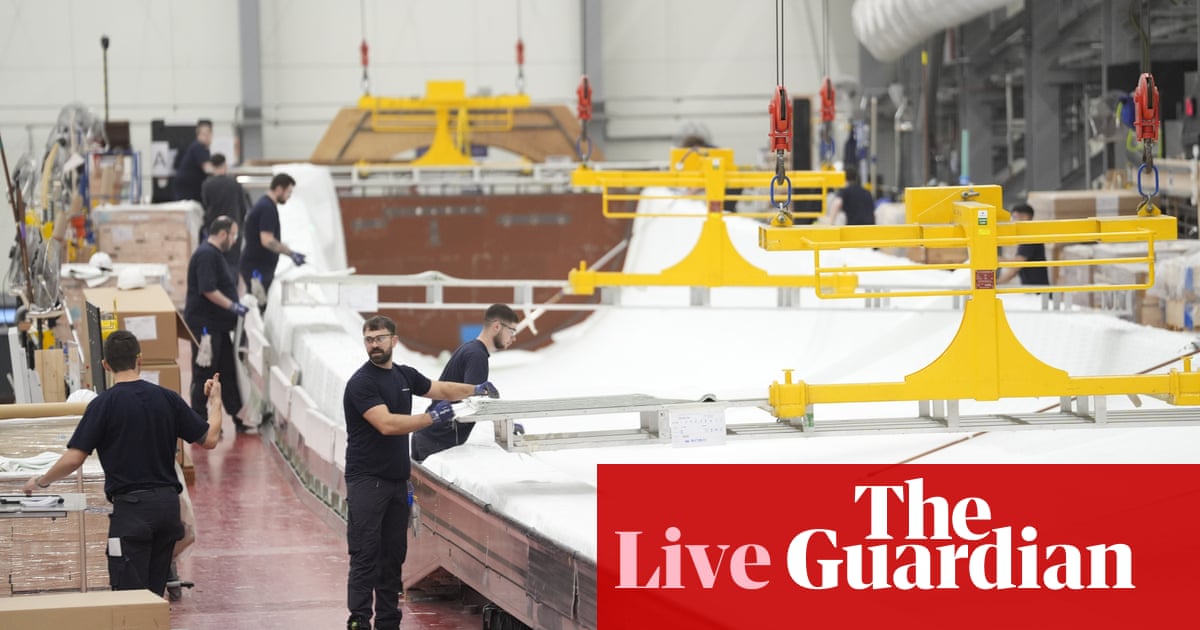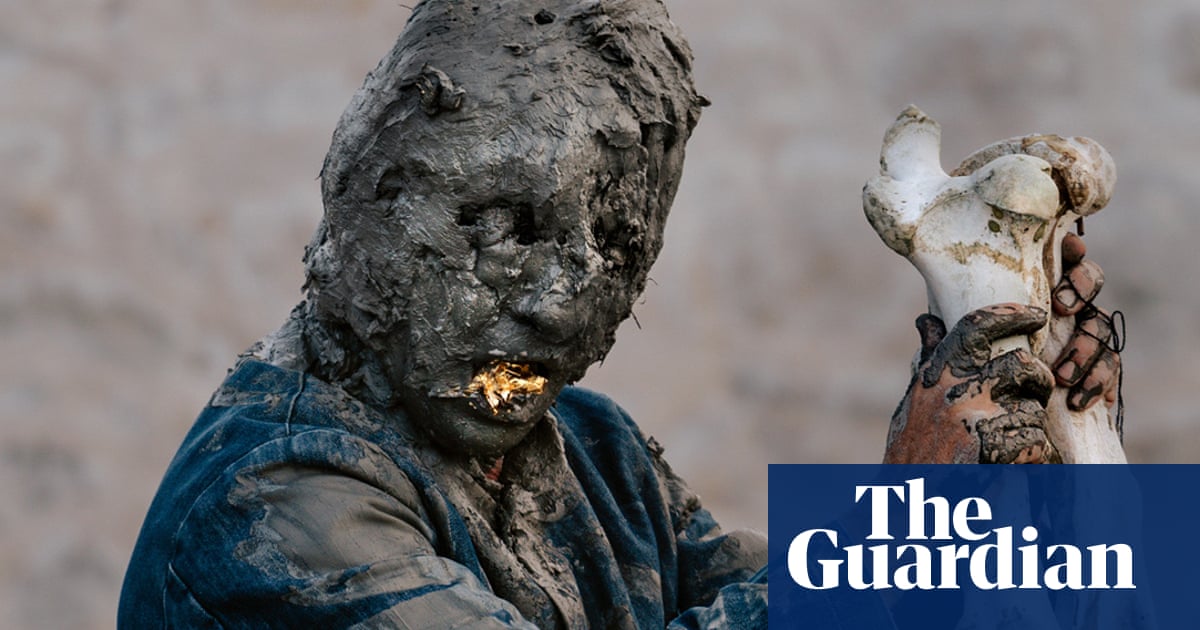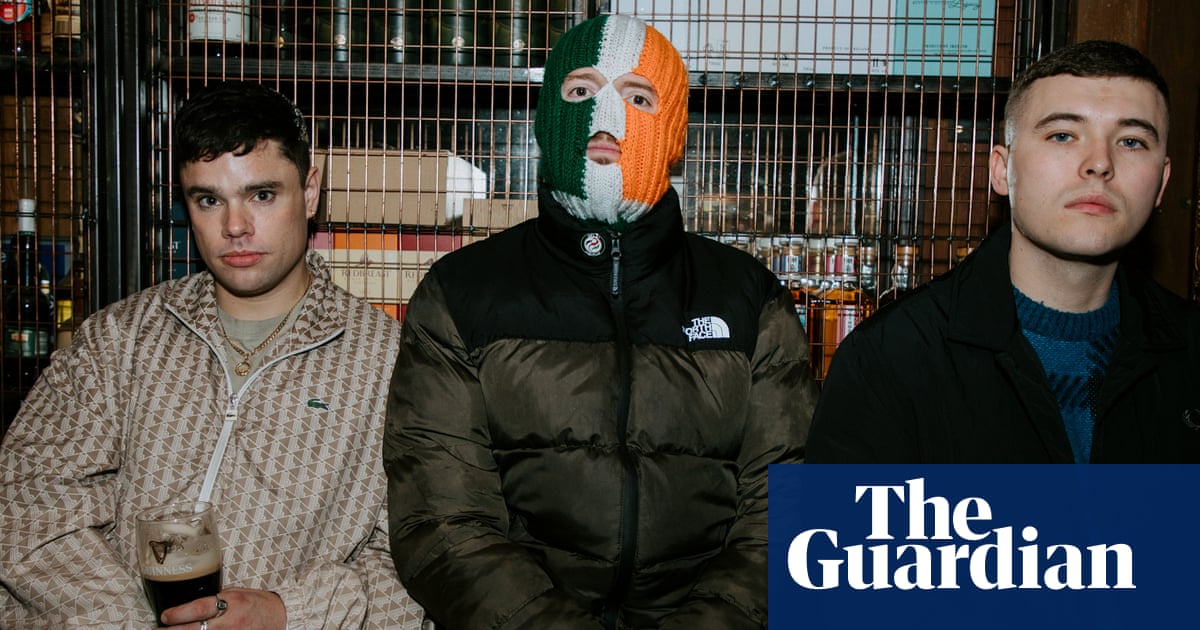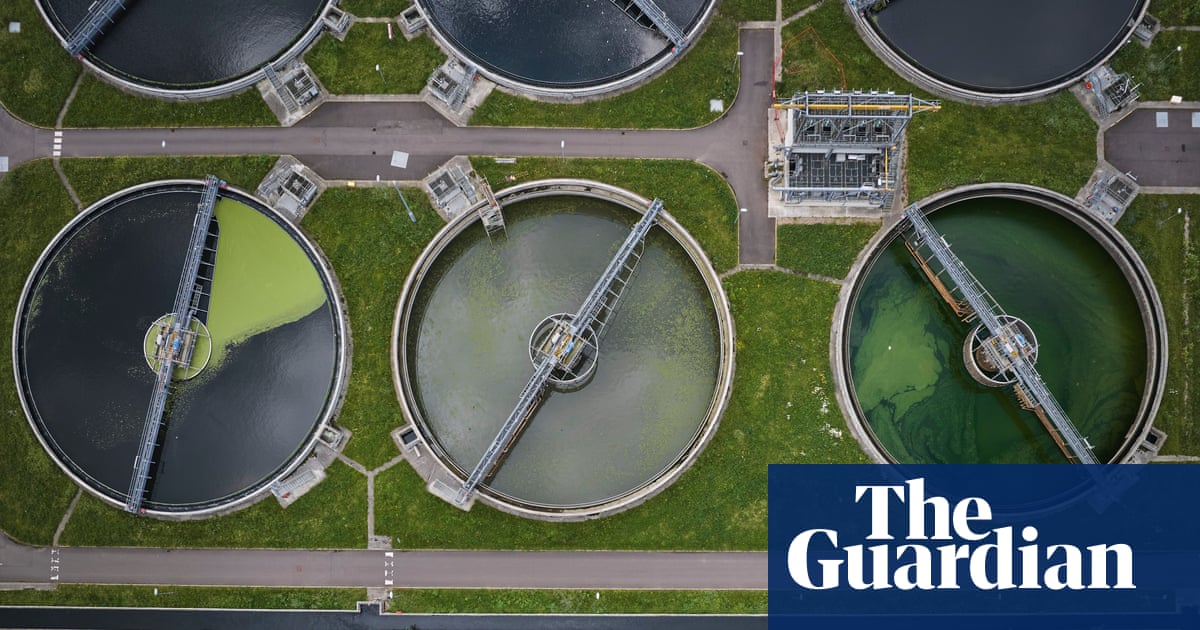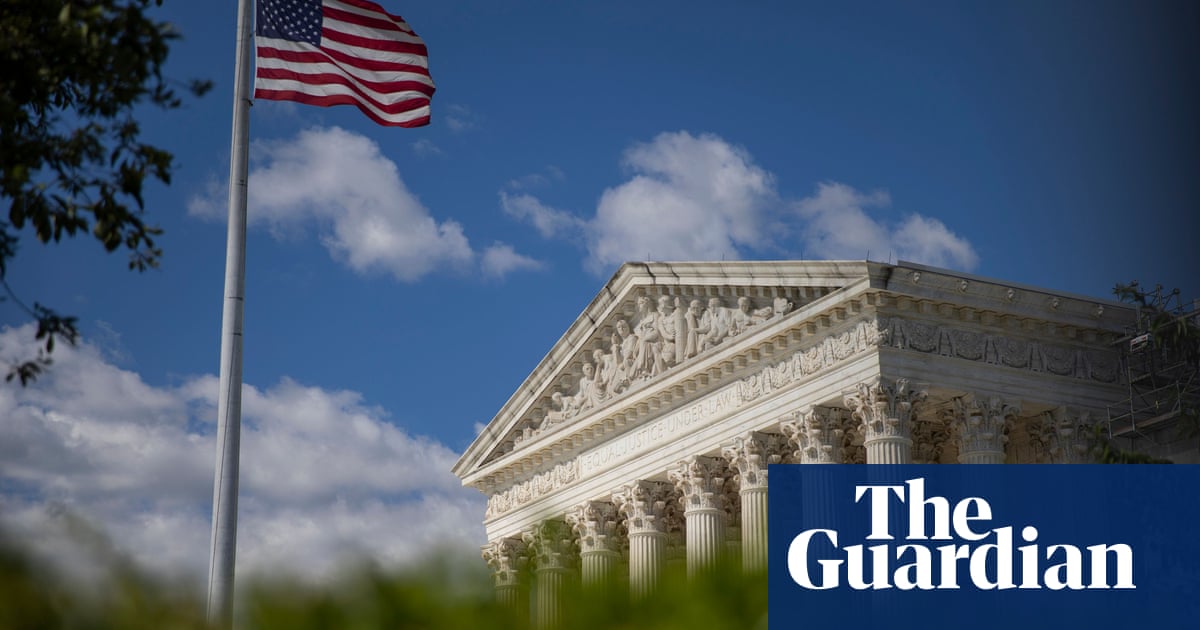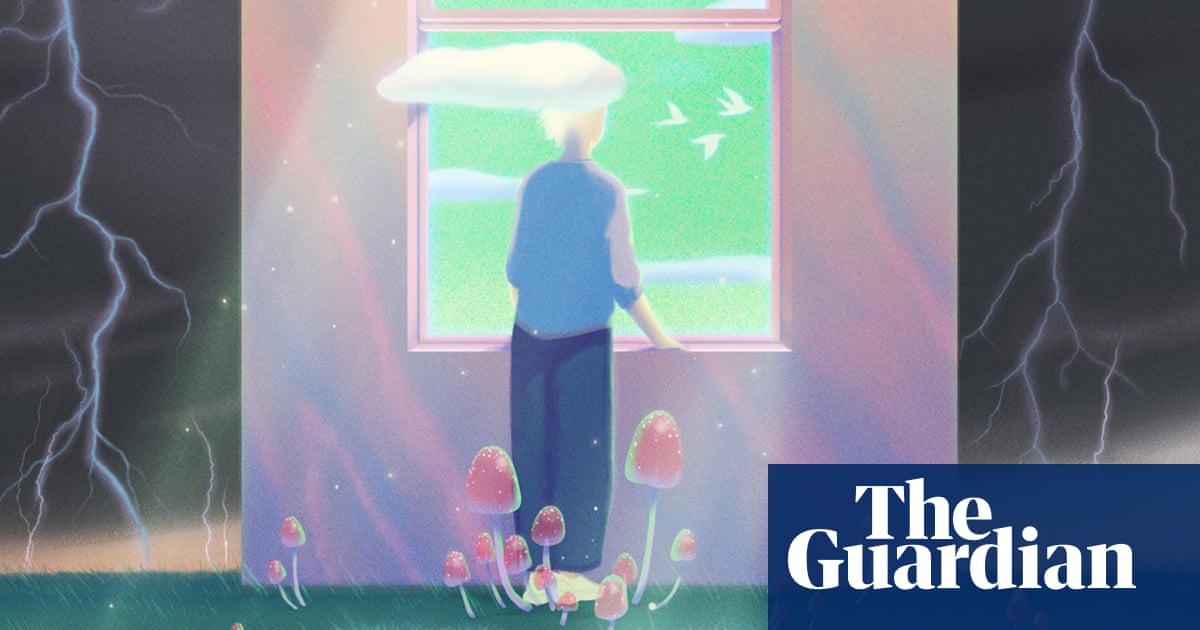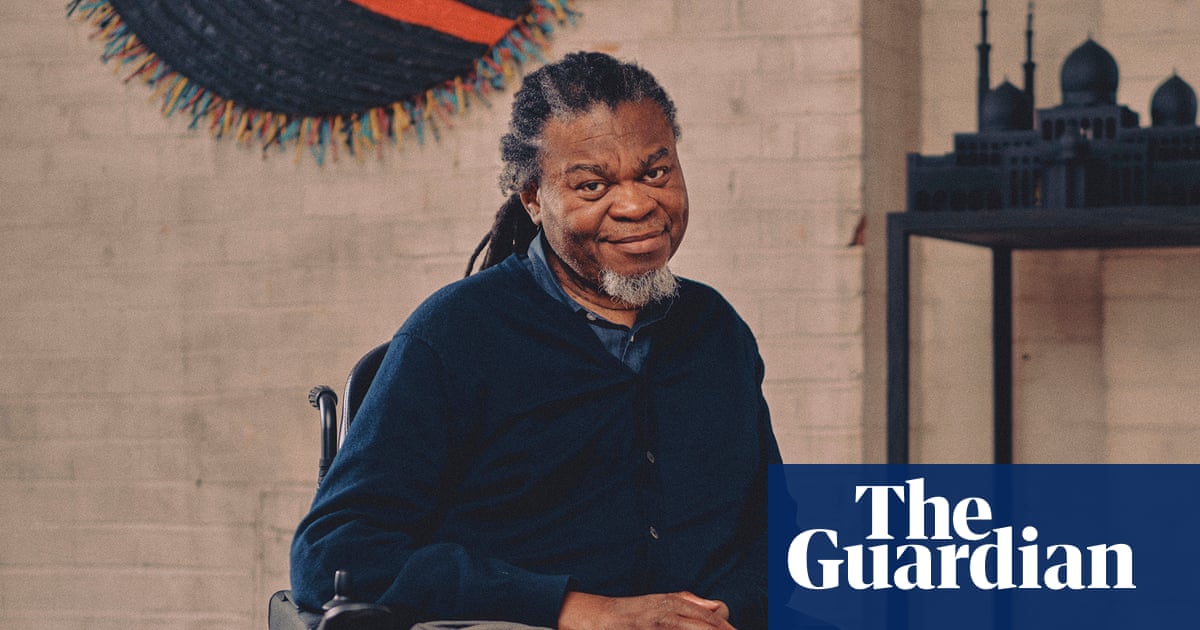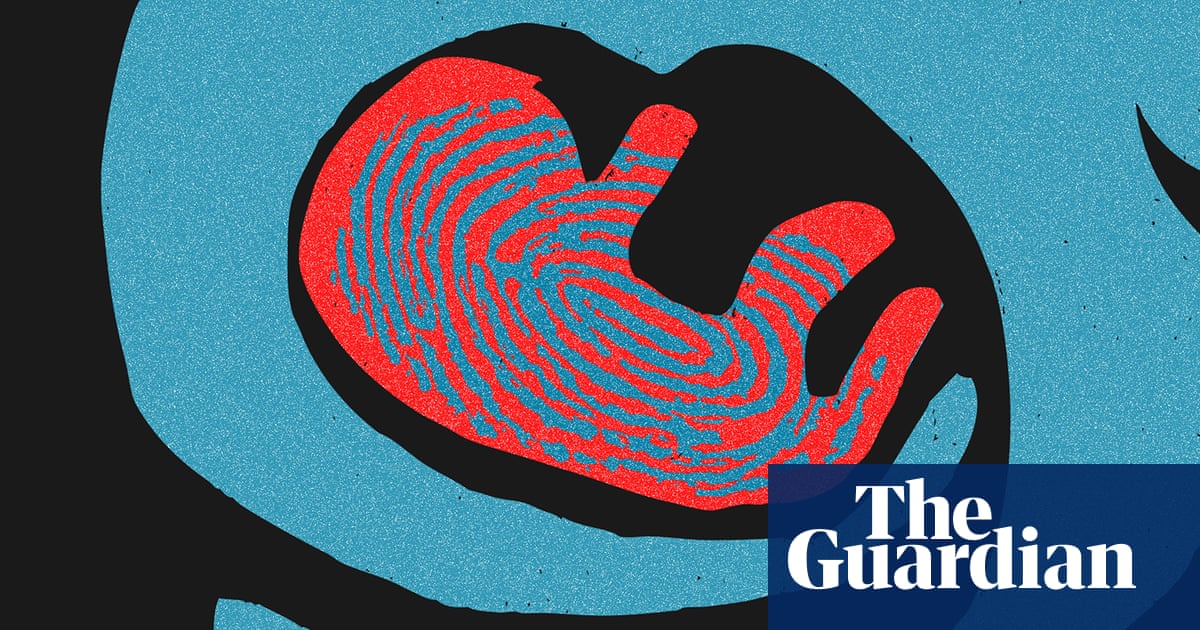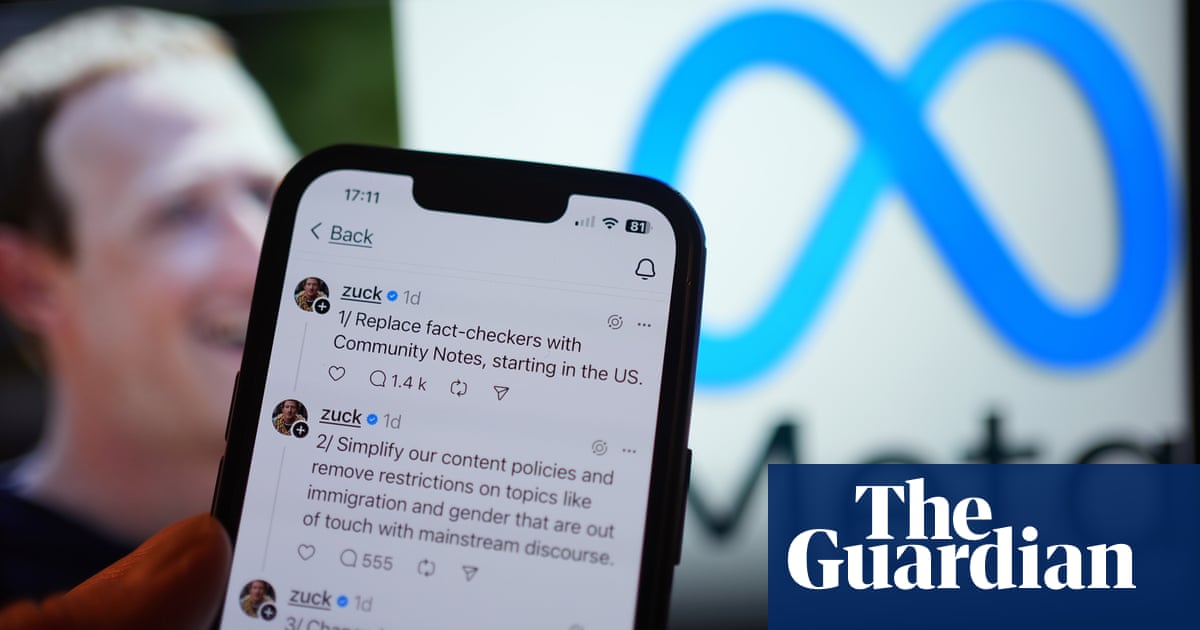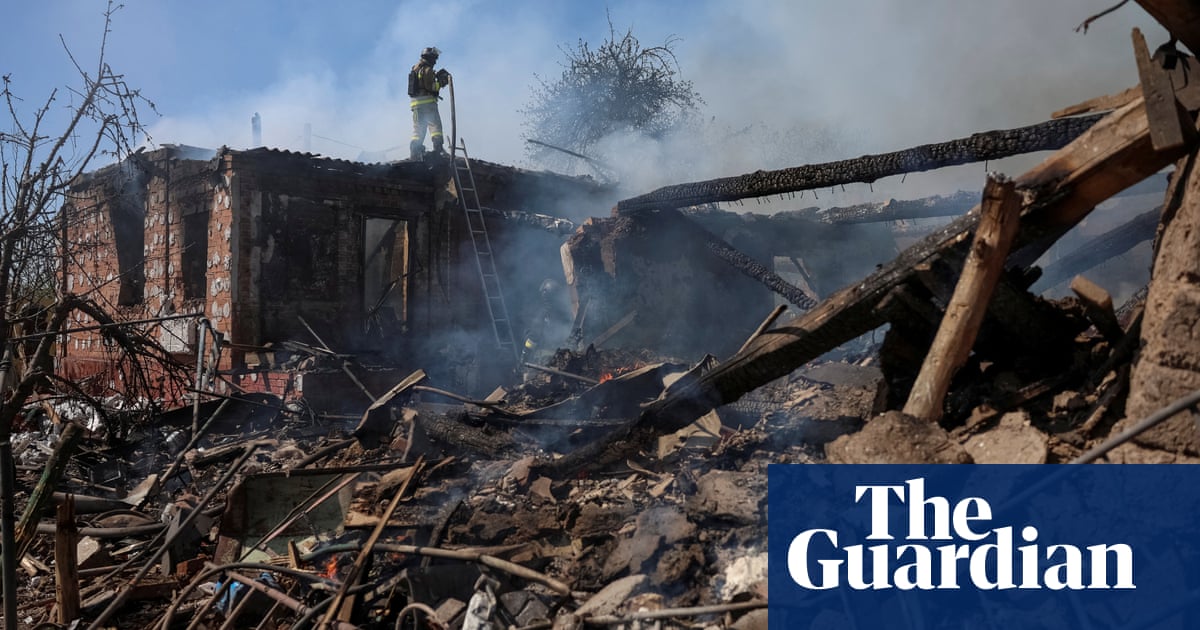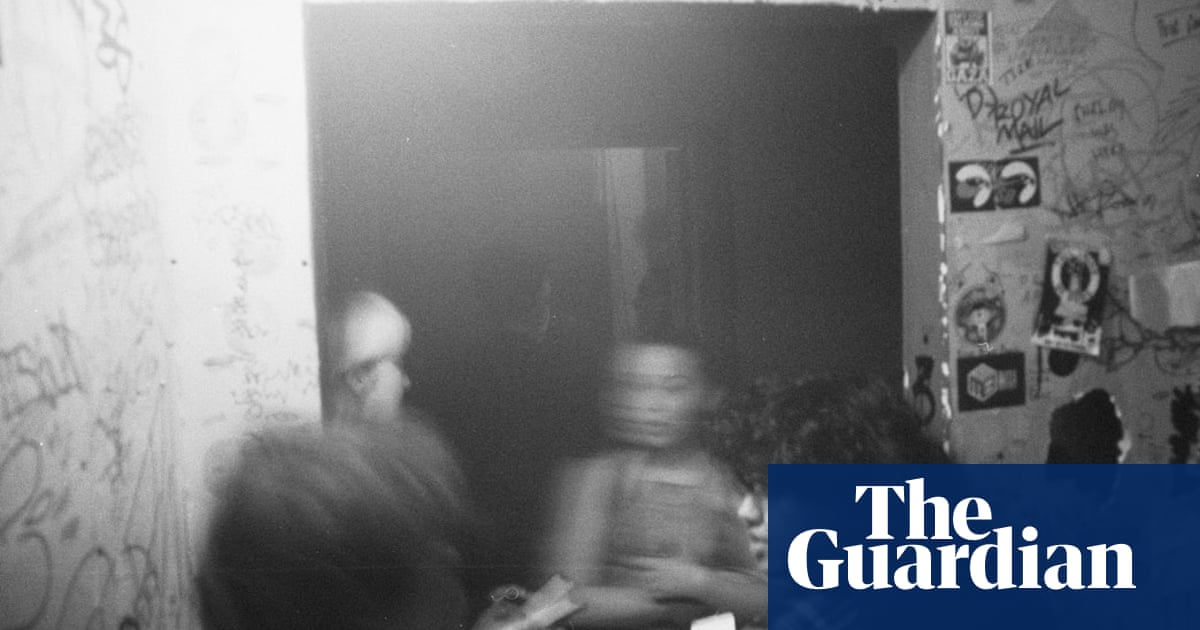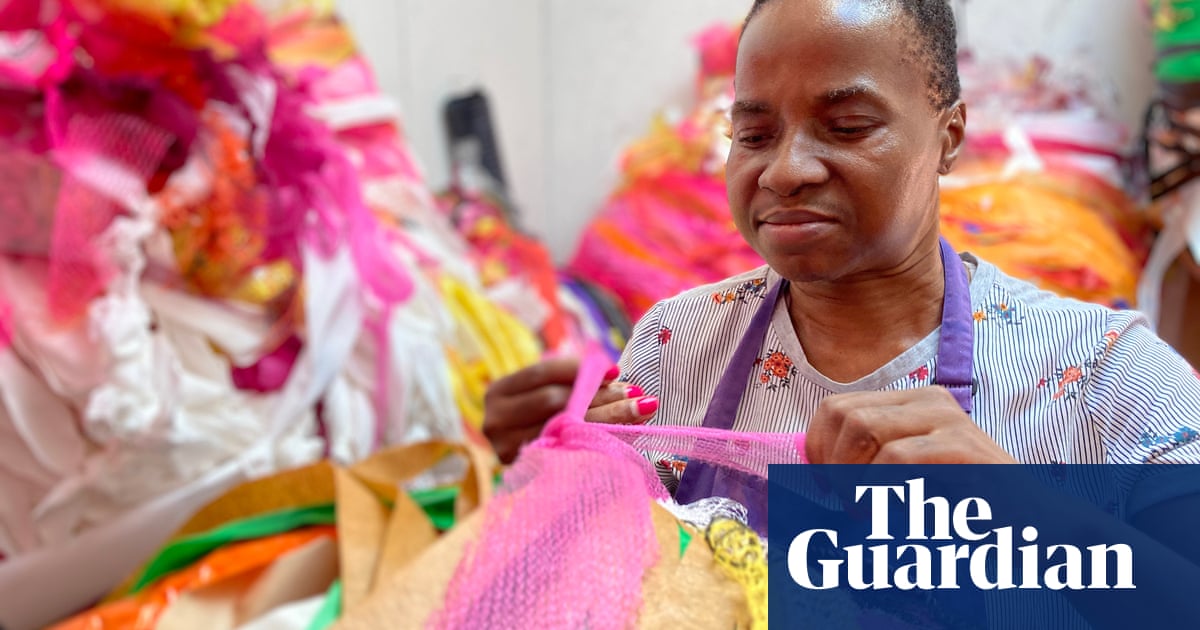There has been a kerfuffle about cafes recently. In the US, Starbucks’ new “Coffeehouse Code of Conduct” is making people buy something or leave, reversing its previous laid-back attitude. Meanwhile, in Paris, cultural barricades are being raised between trad cafes and the kind that sell €5 almond milk cortados. The New York Times last month set out the “zinc bar v barista” philosophical divide between classic community hubs and hipster roasteries in the city, while a Parisienne on TikTok has posted a video pointing out three new-gen coffee shops within 50 metres of each other in the Marais, explaining that French people “take our time to have a coffee … we sit on a terrace”, but now “les Américains” are demanding takeaway americanos.
This is about what cafes are for – and the answer has always been more than coffee. Seventeenth-century coffee houses offered a democratic meeting space (well, unless you were a woman). Revolution brewed in US and French ones in the 18th century. They were also, historically, a refuge. In one of her memoirs, Simone de Beauvoir described spending whole days in the Café de Flore through the freezing winter of 1942-43, arriving early to get the hottest spot, next to the stovepipe. “We always had a shock of pleasure, emerging from the cold darkness, coming into this warm, bright den,” she wrote. She and others who did the same became a “family” of regulars. “We felt at home, safe.”
That gets to the heart of what good cafes are: third places, the term coined by the sociologist Ray Oldenburg to designate spaces that are neither home nor work. Third spaces are also, Oldenburg explained, accessible and inclusive; allow visitors to keep a low profile, but welcome regulars; and provide room for conversation and playfulness.
I cherish a third place. At various points in my life, department stores, museums, libraries and stations have been vital third places. Perhaps they didn’t all fit the “playful” criterion, but they met a need. Cafes, too. Viscerally unhappy in Paris, I eked out endless small black coffees, benignly ignored, reassuringly surrounded by others doing the same.
There has been protest, rightly, at the loss of these kinds of spaces, killed by Covid, spluttering economies and the web. “The internet has become our third space,” wrote the Atlantic’s Ellen Cushing last month in an elegy for the lost convenience of the Starbucks toilet. But the internet can’t be everything a third place is: safety when home is not a haven; a breath of air for anyone who just needs to be elsewhere.
There is precious value to neutral, welcoming spaces, but not on the balance sheet. I suppose it’s unrealistic to expect the free market to provide. France has lost 160,000 cafes since the 1960s and now Starbucks is saying “Pay up or get out” (although maybe collective shaming for this mean-spiritedness will eventually affect its bottom line).
There is an amazing third place near me, although it’s not (just) a cafe. York Community Stadium Complex opened in 2020, but I discovered it with my own shock of pleasure when I joined the gym last year. There is a pool, a sports hall and a climbing wall, plus a library, a cafe and a drop-in support centre for people with cancer. Mostly, though, it’s a space to hang out unbothered, used by people of all ages. It feels miraculous, like something from a more optimistic era in which people in power said this stuff mattered and did something about it. It’s welcoming, accessible, inclusive and, yes, even playful.
OK, it cost more than £44m. But what about the savings generated by having healthier, happier communities? The negative impact of social isolation is well documented: the World Health Organization has declared loneliness a “global public health concern”. Anyway, third places don’t need to be so elaborate. Our high streets are empty, another casualty of the internet: 37 shops a day closed in the UK in 2024. Couldn’t at least some of those spaces become – say, with rates exemptions and public subsidies – a new wave of third places – community hubs, repair cafes, libraries of things and low-key places for groups to meet? It would be nice to chat about it somewhere – maybe over coffee, maybe not.
Emma Beddington is a Guardian columnist

.png) 2 months ago
38
2 months ago
38
